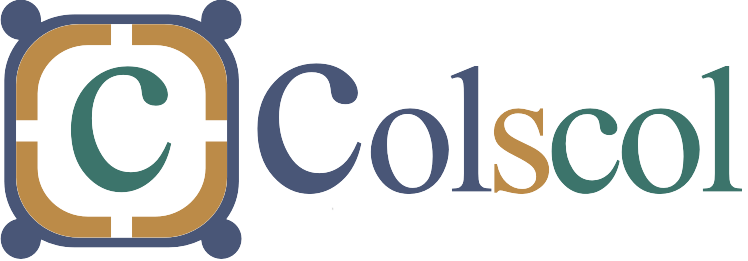CBSE syllabus always maintains a standard, If a student has trouble understanding a topic related to Business Studies, the student can go through questions and answers related to each topic covered in Class 12 POM- Principles & Functions of Management.
Some of the topics Covered include :
TOPICS
-
- Nature and Significance of Management
- Principles of Management
- Business Environment
- Planning
- Organizing
- Define staffing
- Directing
- Controlling
1.A. Characteristics of management and its importance
1.B. Nature of management as an art, science and profession
1.C. Functions of management
2.B. Taylor’s principles and techniques of Management
2.C. Fayol’s principles of management
3.B. Importance of business environment
3.C. Elements of business environment
3.D. Economic environment in India and the impact of Government policies
4.B. Features and importance of planning
4.C. Limitations of planning
4.D. Different types of plans
5.B. Process of Organising
5.C. Importance of Organising
5.D. Meaning, Advantages and Disadvantages of Functional Organisation
5.E. Meaning, Advantages and Disadvantages of Divisional Organisation
5.F. Meaning, Advantages and Disadvantages of Formal and Informal Organisation
5.G. Distinguish between Formal and Informal Organisation
5.H. Concept of Delegation and Decentralisation
5.I. Importance of Delegation and Decentralisation
5.J. Distinguish between Delegation and Decentralisation
6.B. Relationship with Human Resource Management
6.C. Need and importance of Staffing
6.D. Steps in the Staffing Process
6.E. Recruitment and Selection
6.F. Important Sources of Recruitment
5.G. Steps in the Selection Process
6.H. Need of Training and Development
6.I. Jobs Methods of Training
7.B. Principles Guiding Directing Process
7.C. Supervision and its importance
7.D. Motivation and importance in Business Management
7.E. Maslow’s Theory and Application to Motivation of Employees
7.F. Financial and Nonfinancial Incentives
7.G. Leadership and Importance in Management
7.H. Qualities of a Good Leader
7.I. Formal and Informal Communications in the Organisations
7.J. Communications and Measures in the Organisations
8.B. Importance of Controlling
8.C. Steps in the Process of Controlling
8.D. Techniques of Controlling



